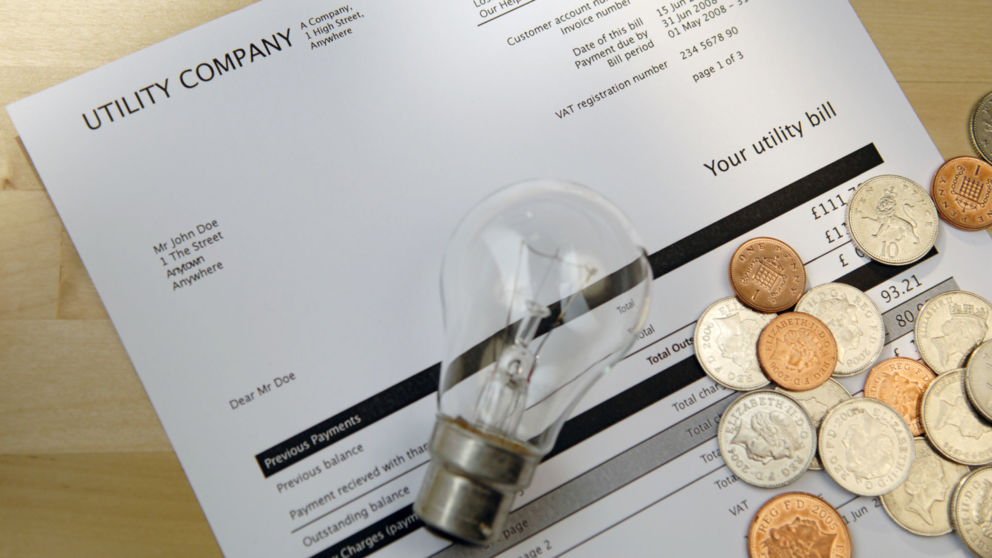So you’ve signed for a house for next year. If you haven’t yet, don’t worry! There’s still time: you aren’t moving in until summer, remember! If you have, the hard part is over. You’ve successfully navigated the treacherous ocean of letting agents’ scaremongering and pressure tactics and found the one house in Hyde Park that doesn’t have mould. Feel free to forget about all that for now. There are more pressing matters such as your society commitments or your degree.
But once you actually move into your new home, there’s a few adult things you’ll need to sort out. Managing house bills can be daunting if you’ve never done it before. But rest assured, it’s a lot easier than you might think.
Energy Bills
Unless stated in your contract, you’ll need to pay to keep the lights on and yourselves warm independently from your landlord. Even if you aren’t moving in until September, you are responsible for paying for the gas and electricity from day one of your contract (commonly 1 July). On this day, you will need to take meter readings. Find your gas and electricity meters in your house. They are often in cupboards but sometimes on the exterior of a property (your landlord should help if you can’t find it). Note down the numbers: you’ll need them when opening your energy account.
Remember that you do have a choice of which energy provider to go with. Using the uSwitch website is a great way to find out which provider will be the best value for money. One phone call should be all it takes to create your account. It takes about two weeks for the new supply to start, so the last tenants’ provider will get in touch with you about paying for the first two weeks of gas and electric. Also, don’t forget to submit a final meter reading on the day your tenancy ends! You don’t want to be charged for any energy you haven’t used.
Water
Water is a lot simpler than gas and electric. You don’t have a choice of provider (Yorkshire Water) and you get charged the same per year regardless of how much water you use. Ring Yorkshire Water to let them know when you moved into the property and when you’ll be moving out. They’ll do the rest.
Internet
There’s plenty of options when it comes to WiFi, so keep things in mind like the cost, the minimum length of the contract and what internet speed your house will need. Keep in mind you sometimes have to book your WiFi installation a few weeks in advance, so set up your account around two weeks before you move in so you don’t have to go weeks without WiFi.
Also remember that you will have to give a certain number of days notice to cancel your account, and it’s usually close to a month. Don’t forget to let your provider know more than a month in advance that you are moving out so you don’t get stuck with paying for more than what you use.
Council Tax
Students don’t pay council tax. If the last tenants in a property were all students, you should get a letter through the door that tells you the property is marked as exempt from council tax. If you and all your housemates are all full-time students, you don’t have to do anything else. But if you live with non-students (and that includes if someone drops out midway through the year) you will need to let the council know. The amount of council tax you pay depends on the band of the property, not the number of tenants. But don’t worry: if there’s only one non-students in a property, they can apply for a 25% discount.
You might think that going ‘all-inclusive’ with your bills through your letting agent or other external company will save all this hassle, but it will also cost you more. No one is going to do this out of the goodness of their own heart, so you will pay a premium somewhere. A little bit of work and a few phone calls at the start and end of the year can save you a lot of money and give you ownership of your student house.
George Bissett
Image Credit: Sky News

